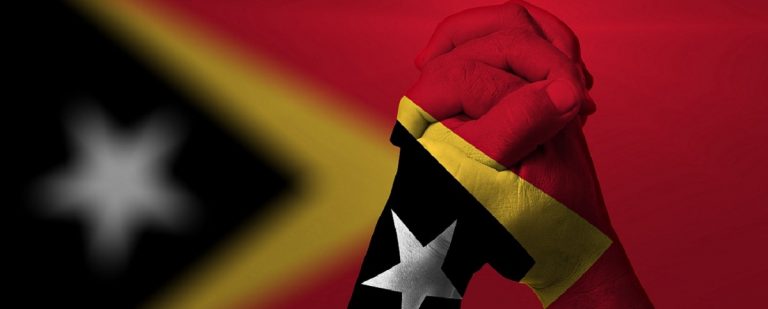
Police fired tear gas at hundreds of students protesting against allegedly corrupt government officials at East Timor on Monday, forcing members of Parliament to suspend a scheduled auction of government cars, reports Reuters.
The students claim the cars at the auction were purposely priced lower and will bring losses to the state. At the street demonstration, they threw rocks at the police and public vehicles, injuring several officers, leading to a few students being arrested, according to officials.
“We are doing this because we are not satisfied that members of Parliament are taking such decisions to their own benefit,” said Duarte Antonio Nunes from a student organization.
Nunes warned of more protests if the government did not call off the auctions.
East Timor Police Fire Tear Gas During Student Protests, Several police officers were injured in scuffles and several protesters detained pic.twitter.com/73TfJ34CqJ
— THREAT-CADRE, LLC (@THREATcadre) August 21, 2017
After the protest, national Parliament president Aderito Hugo told a local radio station the auction had been “temporarily suspended” and asked for the public’s patience while they review what to do with the cars.
Monday’s event is not the first time the country’s students have protested on the streets. Last March, they joined thousands others outside the Australian embassy in Dili, calling on Australia to negotiate a permanent maritime boundary in the Timor Sea. According to ABC, organisers allege Canberra has been “illegally” occupying and taking resources from East Timor’s maritime territory.

East Timorese wait in line to cast their ballot in parliamentary elections in Dili. Source: Reuters/Lirio da Fonseca
Around 1.2 million people live in the young democracy, which held its first peaceful legislative and presidential elections this year after a United Nations peacekeeping force left at the end of 2012.
From its establishment in 1999 until its independence from Indonesia in May 2002, the UN provided an interim civil administration and peacekeeping mission in the territory.
Reuters notes the young democracy is now struggling with issues of income inequality and high unemployment. A UNDP “Human Development Report 2016” found nearly half (46.8 percent) of the population live below the poverty line, despite the country being rich in natural resources.
**This article first appeared on our sister site Asian Correspondent
Liked this? Then you’ll love these…
Protests, terror plots and boycotts: University games gets off to chaotic start
Hong Kong: Student protest leader Joshua Wong ‘mentally prepared’ for jail







